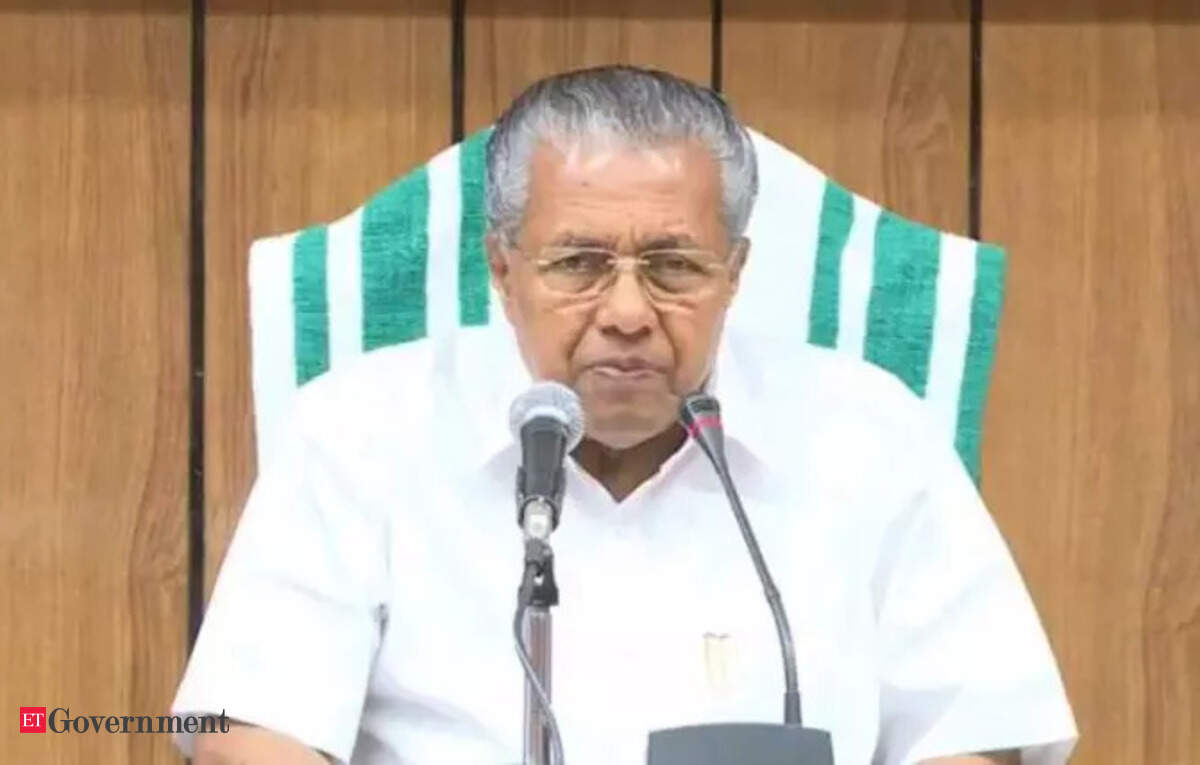Delta State Extends Retirement Age for Associate Professors in Bid to Enhance Academic Excellence
In a move aimed at bolstering the academic landscape of Delta State, authorities have approved an extension of the retirement age for associate professors from 65 to 70 years. This decision, which aligns with federal policy, is part of a broader strategy to strengthen university systems, deepen postgraduate offerings, and ensure continuity in mentoring emerging academics across the state’s growing network of higher education institutions.
The announcement was made by Professor Nyerhovwo Tonukari, the state Commissioner for Higher Education, during an interview held in Asaba. According to Tonukari, the approval came directly from Governor Rt Honourable Sheriff Oborevwori and reflects both compassion and strategic foresight in addressing the evolving needs of Delta State’s expanding tertiary education sector.
Tonukari explained that while the federal law allowing professors to retire at the age of 70 was first amended in 2012, its implementation had previously been limited to Delta State University. Now, under the current administration, the policy has been extended to all state-owned universities, marking a significant step toward harmonizing state practices with national standards.
This extension applies specifically to academic staff within the professorial cadre, whereas non-academic personnel will continue to retire at the age of 65. The commissioner emphasized that this move would not hinder opportunities for younger scholars but rather complement the ongoing expansion of educational institutions across the state.
Since 2023, Delta State has seen the recruitment of more than 600 academic and administrative staff across four state universities, polytechnics, and colleges of education. This growth, driven by institutional accreditation initiatives and infrastructure development, has significantly increased employment prospects for young academics entering the field.
Key beneficiaries of this academic expansion include Southern Delta University in Ozoro, Dennis Osadebay University in Asaba, the University of Delta in Agbor, and the newly established campus of Southern Delta University in Orerokpe. These institutions have undergone major upgrades in capacity, with some campuses nearly doubling in size over recent years.
Tonukari also underscored the importance of retaining experienced faculty members in fostering robust postgraduate programs. With the demand for high-quality research and mentorship on the rise, senior lecturers play a vital role in guiding junior academics and establishing a sustainable framework for academic excellence.
“This decision couldn’t have come at a better time,” Tonukari remarked. “We are witnessing the emergence of strong postgraduate programs in our universities. Senior academics are essential in shaping the next generation of educators and researchers.”
He further highlighted the Oborevwori administration’s firm commitment to education as a pillar of long-term development and human capital investment in Delta State. By extending the tenure of seasoned academics, the government aims to create a stable and dynamic academic environment that supports innovation, research, and quality teaching.
Overall, the move to extend the retirement age for associate professors represents a multifaceted approach to strengthening Delta State’s higher education system. It not only ensures continuity in leadership and mentorship but also complements efforts to modernize infrastructure, expand academic offerings, and create new opportunities for young professionals entering the academic workforce.







